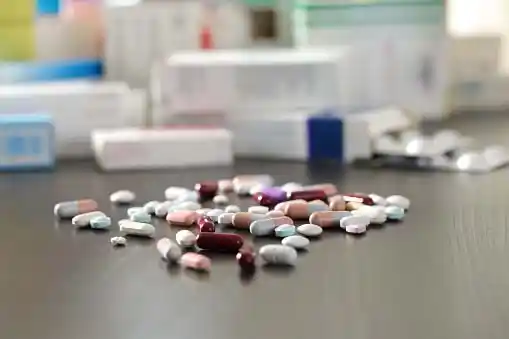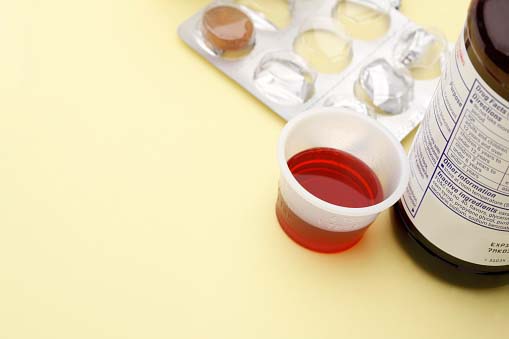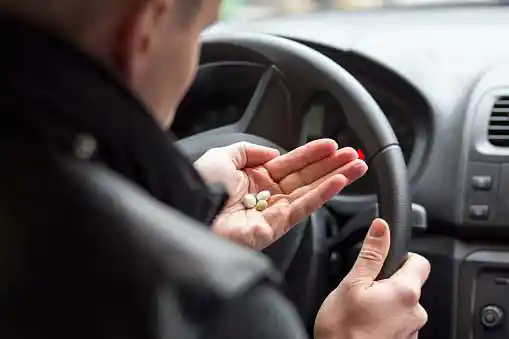Are You Suffering From OTC Drug Abuse?
Jean is a working mother battling diabetes. She is always on her toes catering to the needs of her two children and husband. Since she gets little time to herself, she doesn’t think twice before popping up an aspirin for her persistent headaches.
Nothing seems unusual about Jean, does it? She is like those many people who take non-prescription, over-the-counter (OTC) medicines to get through the day. However, no one knows when this habit of taking OTC medication changes into drug dependence or drug abuse.
When Does Use Become Abuse?

OTC drugs help an individual self-manage their ailments and symptoms. This way these medicines come quite handy for treating minor health problems such as headaches or motion sickness. However, drug abuse occurs when knowingly or unknowingly one does the following:
- Exceed the dosage of a medicine
- Continue taking the medicine for a longer period of time than advised
- Take a combination of different medicines with similar active ingredients
- Crush and inhale pills rather than swallowing them
Commonly Used and Abused OTC Medicines

The most commonly abused OTC drugs include:
- Cough syrups
- Cold medicines
- Motion sickness pills (Anti-histamines)
- Painkillers
- Laxatives (medicines used for constipation)
The Effects of OTC Abuse

1. Cough medicines are sold in the form of syrups, gels, or tablets that contain an ingredient called dextromethorphan (DXM). When overused, it can cause dizziness, nausea, and vomiting. In severe cases, it can also cause disturbed sleep, slurred speech, seizures, and increased heart rate.
It is dangerous when combined with alcohol and can lead to death.

2. Cold medicines have pseudoephedrine as the active ingredient and a stimulant. Serious effects of overdosing include shortness of breath, irregular heartbeat, anxiety, dizziness, blurred vision, headaches, tinnitus (ringing in the ears), chest pain, convulsions, and hallucinations.

3. Motion sickness or vertigo pills contain dimenhydrinate which is an anti-histamine (drug to treat allergies). These drugs are abused for their ability to cause intoxicating experiences. It may cause eye pain, itchy skin, abdominal pain, nausea, dizziness, hallucinations, blurred vision, and kidney and liver damage.

4. Painkillers comprise acetaminophen, which is also another ingredient found in flu and cold medication. Overdosing of this component can lead to jaundice, nausea, vomiting, loss of appetite, abdominal pain, diarrhea, metabolic acidosis, convulsions, even liver failure.

5. Laxatives are usually abused by people who want to lose weight or those who have eating disorders. These medications contain GI tract stimulants and if abused, can cause electrolyte imbalance, irritable bowel syndrome, nausea and vomiting, fatigue, dehydration, and heart and kidney failure.
It is important to understand that due to the repeated use of a drug/ medicine, human body develops tolerance to it. It means that in Jean’s case, she might start taking a higher dosage of the same drug to obtain a similar effect as she gets from aspirin currently.
How to Overcome Drug Dependence/ Addiction

It is certainly difficult to let go of such noxious addiction, but nothing is impossible. People like Jean need to be advised that once they decide to overcome their dependence on drugs, they can get better. There are various treatments to overcome medicine abuse:
- Individual and group therapies
- Inpatient and outpatient drug treatment programs
- 12-Step education
- Cognitive and Dialectical Behavioral Therapy (CBT and DBT)
These are just some of the options to choose from in order to lead a healthy life.
Although OTC medicines are considered to be innocent healers of everyday health issues, awareness about the misuse of any type of medication is imperative, as it affects one’s lifestyle and wellness. Think healthy. Eat healthy. Live happy.
For any queries related to medicines or your overall health, consult an Internal Medicine Specialist at www.healthcaremagic.com
Ask a Specialist
Recent Questions

